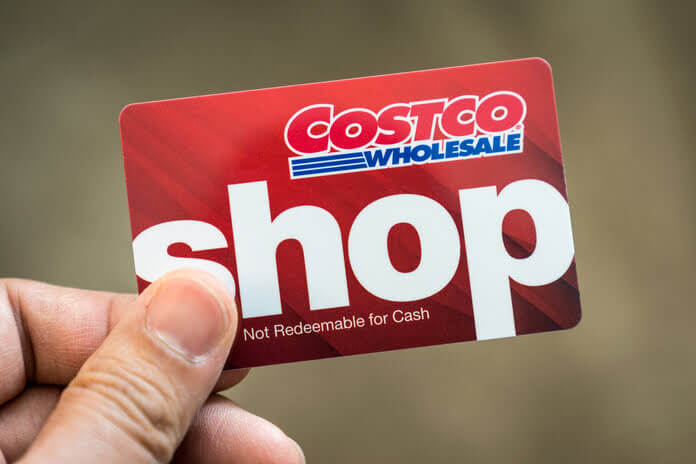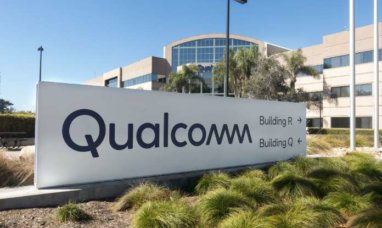Costco stock (NASDAQ:COST) has a Composite Rating of 85, thanks to a good return on equity and numerous quarters of double-digit sales growth in a row. Costco stock (NASDAQ:COST)also has an IBD Stock Checkup Relative Strength Rating of 83, putting it second in its sector.
Costco Stock Declines Before Results
Costco’s results are coming out Thursday after the close. Adjusted earnings are predicted to climb 5% to $4.11 per share, while sales are expected to rise 15% to $71.84 billion.
Costco reported August sales of $17.55 billion, up 11% from the previous year, late last month. Same-store sales climbed by 8.7% for the month.
When Costco announced profits in late May, the stock reacted strongly. Even though margins were squeezed owing to increased freight and labor expenses, shares rose about 6% on high volume. Earnings and sales were higher than projected, with adjusted profit increasing 2% to $2.91 per share. Revenue climbed 16% year on year to $52.6 billion. Total business same-store sales increased by 14.9%. Same-store sales grew 10.8% on an adjusted basis.
Despite good fundamentals, Costco stock has struggled to attract investors after a brief burst above a 552.81 purchase target. Costco swiftly approached its 200-day moving average, recovered above it for four sessions, then gave up the support level in strong volume on Tuesday.
Costco Stock Option Exchange
When Costco stock (NASDAQ:COST) closed Thursday at 503.50, a slightly out-of-the-money weekly call option with a strike price of 505 (expiration on September 30) had a premium of roughly $13.80, or 2.7% of the underlying stock price.
One contract granted the bearer the opportunity to purchase 100 shares of Costco stock (NASDAQ:COST) at $505 per share. The most that could be lost was $1,380, which was the cost of the 100-share contract.
Considering the premium, Costco would have to rise above 518.80 for the trade to become profitable (505 strike price + $13.80 premium per contract).
Featured Image- Megapixl @ Kenishirotie
















